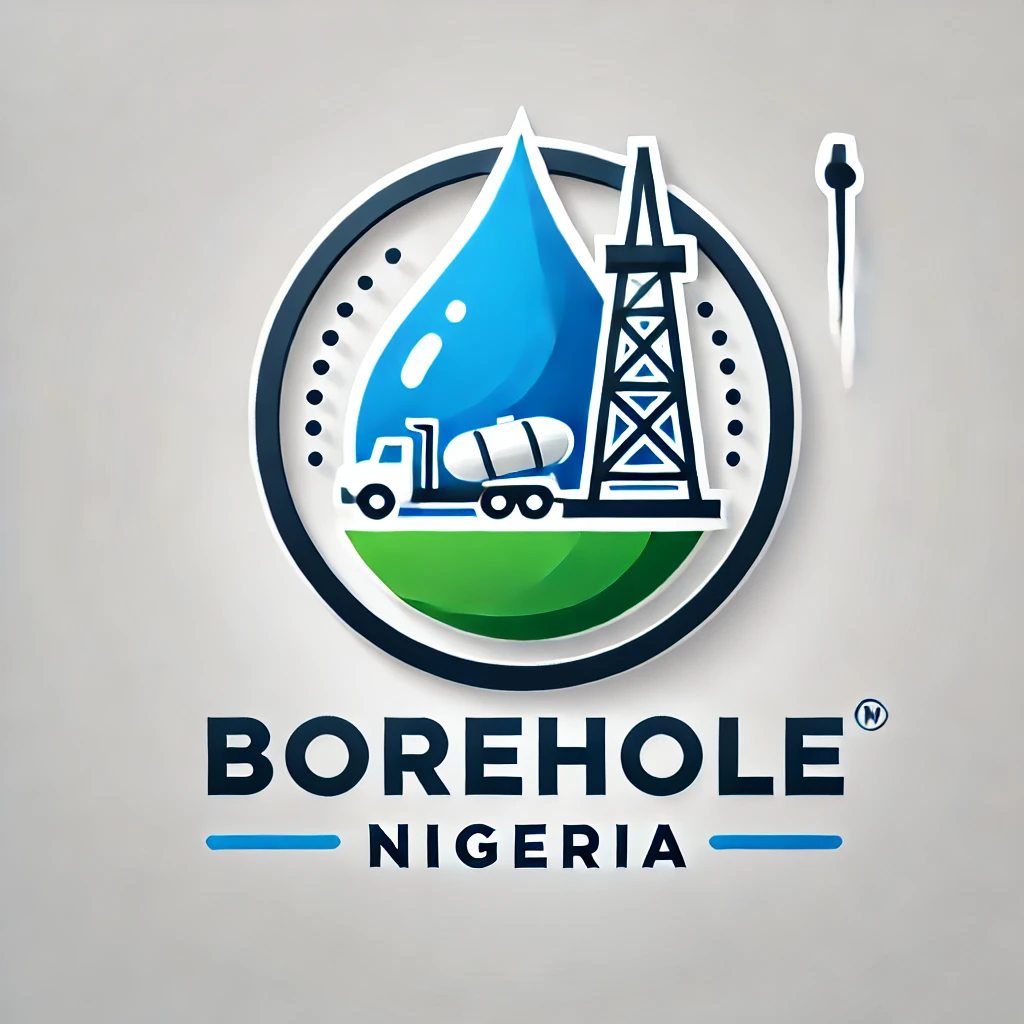The cost to drill a well in Wisconsin varies based on factors like well depth, geological conditions, type of casing, and additional services required. Wisconsin’s geology, which ranges from soft soils in some areas to hard rock formations in others, can significantly influence the cost of drilling a well.
1. Average Cost Range for Drilling a Well in Wisconsin
- The average cost to drill a residential water well in Wisconsin typically ranges from $4,000 to $12,000. Most homeowners can expect to pay between $6,000 and $10,000, depending on site conditions, well depth, and specific needs.
- Cost per Foot: Drilling costs in Wisconsin generally range from $30 to $60 per foot, including drilling, casing installation, and some basic services. This price can vary depending on the local geology and contractor pricing.
2. Factors Affecting the Cost of Drilling a Well in Wisconsin
- Depth of the Well: The depth required to access a reliable water source is one of the most significant cost factors. Residential water wells in Wisconsin typically range from 100 to 300 feet deep, but they can be deeper in certain areas where the water table is lower. Deeper wells naturally increase the overall cost.
- Geological Conditions: Wisconsin’s geological conditions can range from softer soils and sands in some areas to dense clays, limestone, and granite in others. Drilling through harder rock formations increases the time and cost due to the need for specialized equipment and techniques.
- Type of Well Casing: The casing material used to line the well affects costs. PVC casing is less expensive, while steel casing is more durable but can cost more. Casing costs typically range from $10 to $30 per foot, depending on the material and well diameter.
- Permits and Regulations: Drilling a well in Wisconsin requires permits from local county health departments and compliance with state regulations. Permit fees generally range from $100 to $400, depending on the county.
- Pump Installation Costs: After drilling, installing a pump system is necessary to bring water to the surface. The cost of a pump and its installation can range from $1,000 to $4,000, depending on the depth of the well and the type of pump required.
3. Additional Costs to Consider
- Water Testing and Quality Assurance: Water testing is essential to ensure it is safe for drinking and free from contaminants like bacteria, nitrates, and heavy metals. Basic water quality testing costs between $100 and $300, while comprehensive testing can cost up to $500 or more.
- Well Development and Flushing: Proper development of the well after drilling to remove sediment and ensure optimal water flow can add $300 to $1,000 to the overall cost.
- Grouting and Sealing: To prevent surface contaminants from entering the well, grouting and sealing are required. This can cost an additional $500 to $2,000, depending on the depth and specific site requirements.
- Electrical Wiring and Connections: Installing the necessary electrical wiring for the pump system can add between $500 to $2,000, depending on the distance from the power source and the complexity of the setup.
- Water Storage Tanks: In some cases, a water storage tank may be necessary, which can cost between $500 and $3,000, depending on the size and material.
4. Regional Cost Variations in Wisconsin
- Southern Wisconsin (Milwaukee, Madison, Janesville): In the southern regions, where the terrain is relatively flat and the water table is generally accessible, costs are typically lower, ranging from $5,000 to $10,000.
- Central Wisconsin (Stevens Point, Wisconsin Rapids): In the central part of the state, costs tend to be moderate, ranging from $5,000 to $12,000, due to mixed geological conditions that can include both soft and hard soils.
- Northern Wisconsin (Eau Claire, Rhinelander, Superior): Drilling costs in northern Wisconsin tend to be on the higher end, ranging from $6,000 to $15,000. This is due to the region’s more challenging terrain, dense forests, and harder rock formations like granite, which require more advanced drilling techniques.
5. Choosing a Well Drilling Contractor in Wisconsin
- Selecting a reputable and licensed well-drilling contractor familiar with Wisconsin’s local geological conditions and state regulations is essential. Always obtain multiple quotes to compare pricing and services. Ensure that the quotes cover all aspects of the job, including drilling, casing, pump installation, water testing, and any required sealing or grouting.
6. Tips to Reduce Well Drilling Costs in Wisconsin
- Site Assessment: Conducting a site assessment with a local hydrogeologist or well-drilling expert can help identify the most suitable location for drilling, potentially reducing depth and avoiding difficult terrain.
- Compare Quotes: Getting quotes from multiple contractors can help you find the best price and avoid overpaying for services.
- Invest in Quality Equipment: While opting for high-quality materials might cost more upfront, it can save money in the long run by reducing maintenance costs and preventing early failures.
- Consider the Total Cost of Ownership: Besides the initial drilling costs, consider the long-term costs of operating, maintaining, and potentially upgrading the well system. Investing in efficient pumps and proper sealing can reduce these costs over time.
Conclusion
Drilling a well in Wisconsin can cost between $4,000 and $12,000, depending on factors like well depth, geology, casing type, and additional services required. By understanding these variables and working with experienced contractors, homeowners can manage their costs effectively while ensuring a reliable water supply for their needs. Proper planning and investing in quality equipment and services can help ensure a well-functioning well system for years to come.
